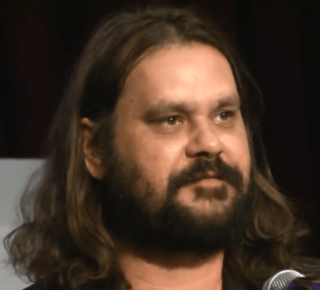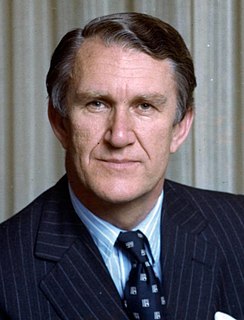A Quote by David Crystal
A community, once it realises that its language is in danger, can get its act together and introduce measures which can genuinely revitalise. You've seen it happen in Australia with several Aboriginal languages. And it's happening in other countries, too.
Related Quotes
The full meaning of a language is never translatable into another. We may speak several languages but one of them always remains the one in which we live. In order completely to assimilate a language it would be necessary to make the world which it expresses one's own and one never does belong to two worlds at once.
In the past when a country became as powerful as the United States, other countries would band together to clip its wings. But that isn't happening now and I don't think it's not going to happen, because other countries are not threatened by us, and they secretly appreciate the services that we provide, even if they don't usually say so.
American Sign Language is a language. It's fun to learn, and it's different from other languages because you use your hands, you use your face, your facial expressions, and there is also an incredible culture that comes with it and an amazing community too, and through that, we can support each other.
I work in Hebrew. Hebrew is deeply inspired by other languages. Not now, for the last three thousand years, Hebrew has been penetrated and fertilized by ancient Semitic languages - by Aramaic, by Greek, by Latin, by Arabic, by Yiddish, by Latino, by German, by Russian, by English, I could go on and on. It's very much like English. The English language took in many many fertilizations, many many genes, from other languages, from foreign languages - Latin, French, Nordic languages, German, Scandinavian languages. Every language has influences and is an influence.
Most asylum seekers do get permanent visas, so the earlier they receive the appropriate help, the faster they will become part of the community. They'll get jobs and start paying taxes too. They will see Australia as a nation with a sense of care and concern. That's so important for a cohesive society. It helps build a sense of belonging. And in terms of common decency, it's what should be happening... For God's sake, this is Australia, people should be treated with decency and humanity.
One of my favorite literary theorists, Mikhail Bakhtin, wrote that the defining characteristic of the novel is its unprecedented level of "heteroglossia" - the way it brings together so many different registers of language. He doesn't mean national languages, but rather the sublanguages we all navigate between every day: high language, low language, everything. I think there's something really powerful about the idea of the novel as a space that can bring all these languages together - not just aggregate them, like the Internet is so good at doing, but bring them into a dialogue.
While a great many other ideas and measures are of prime importance for the good life of the community, that which concerns its architectural expression is the notion of the community as limited in numbers, and in area... To express these relations clearly, to embody them in buildings and roads and gardens in which each individual structure will be subordinated to the whole - this is the end of community planning.



































